How much is a tiny house in Ontario? A tiny house in Ontario costs between $15,000 and $35,000, depending on size and design. Tiny houses have been popping up all over the place, and more and more people are seeking them out. But why do people find tiny homes so appealing?
While there’s no single answer to that question, it’s likely because they’re more economical, environmentally friendly, and give people more freedom than they’d have otherwise. For example, the cost of a tiny house in Ontario, for example, is a very important part of the house-building process.
Tiny homes usually come at an economical price, but that does not mean that tiny houses are not as sturdy as other large constructions. The material used to build these tiny houses does wonders. A lot of people are interested in living in tiny homes but know nothing about how much it would cost to build one.
What’s the price range for tiny house building costs? How much does a tiny home cost to build? After almost opting out of the tiny home trend, I am now a convert! I wasn’t sure if I’d ever buy one.
But recent events made me take another look… The cost to construct a new tiny home is $30,000–100,000, depending on the size you’re building and how luxurious you want it to be. The average cost of constructing a tiny home is over $50,000. Interestingly, the larger your tiny home, the more expensive it’s likely to be.
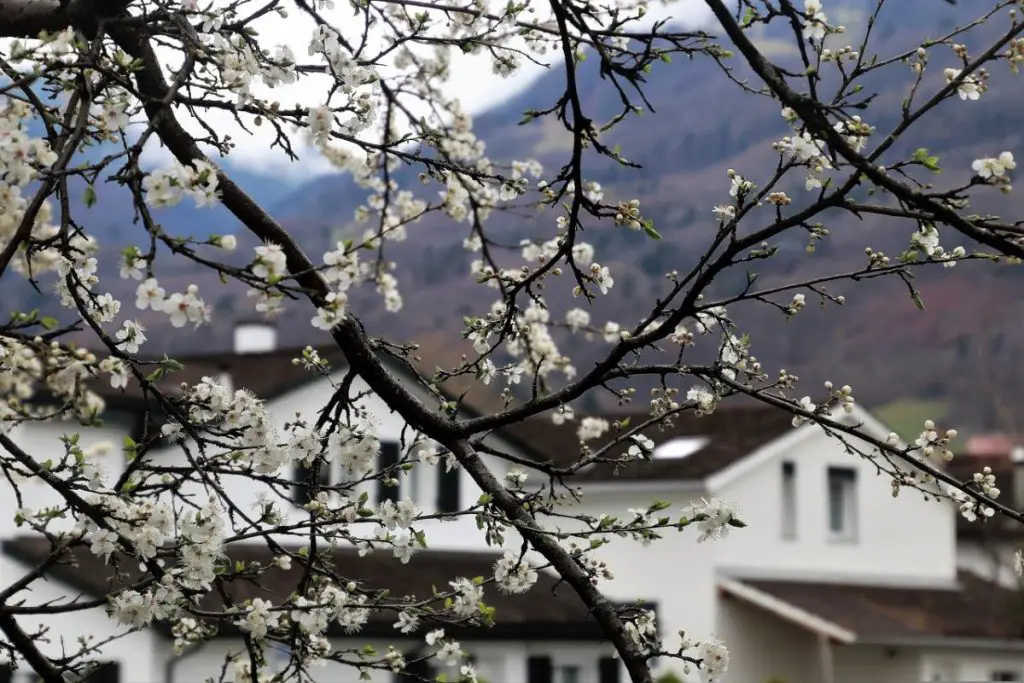
How much is a tiny house in ontario
Tiny houses are not just a fad. These days, more people are looking for ways to downsize their living space for financial or personal reasons. And it’s not just about living in a smaller house; it’s about living in your own home and making it as comfortable as possible.
While the average price of a home in Canada is around $500,000, tiny houses can cost anywhere from $10,000 to $80,000. Below is a breakdown of the average costs associated with building your own tiny house on wheels:
Tiny homes are often built to be small, but they can be as small as 120 square feet. They can also be as big as 400 square feet. But the average size is closer to 200 square feet or less. Here’s how much it will cost you to build your own tiny house:
The price of a tiny house depends on the size of the home and the materials used. It can range from $30,000 for a simple shed-like structure up to $100,000 for a fully decked-out cottage-style home.
Tiny houses are smaller than conventional houses because they don’t have many of the features that larger houses have, like bathrooms or kitchen appliances. So it stands to reason that they are less expensive than traditional homes!
The most important factor when considering the cost of your tiny house is whether you will be building it yourself or hiring a contractor. If you are going to do it yourself, then you will have to purchase all your own materials and hire someone to teach you how to build the home.
On the other hand, if you hire an experienced professional builder, you can expect to pay between $30,000 and $50,000 for a basic structure with no additional features or amenities, like a loft bedroom or kitchenette.
It is important that you ask yourself what kind of lifestyle you want before making any final decisions regarding your tiny home building budget, because this will help determine how much money is needed for materials and labor costs during construction.
Points to learn more
- Are tiny houses legal in Ontario?
- Where can you put a tiny home in Ontario?
- Is it cheaper to buy or build a tiny house?
- Where can you live in a tiny house in Ontario?
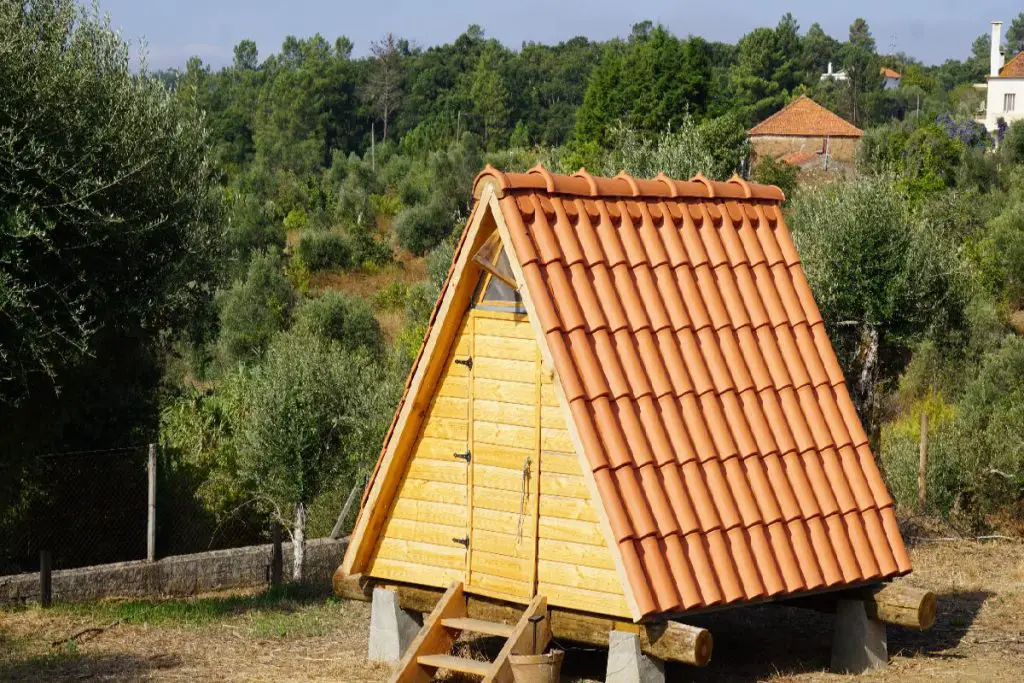
Are tiny houses legal in Ontario?
There are no specific laws governing tiny houses in Ontario. However, the owner of a property where a tiny house is located may have concerns about issues such as zoning, building permits, taxes, and insurance.
For example, some municipalities may have height restrictions on buildings that could apply to a tiny house. In other jurisdictions, there may be rules about the minimum square footage for a structure on a property.
If you’re thinking about buying or building a tiny house, or if you want to build one but can’t because of your city’s zoning rules, you should call your city hall and ask about their rules on tiny houses.
The tiny house movement is growing in popularity in Ontario, with an increasing number of people choosing to live in a small house on wheels or on a permanent foundation.
But there are rules that need to be followed before building a tiny house and living in it. The province has some specific zoning laws that make it difficult for people to do so in many areas.
In this article, we’ll look at whether tiny houses are legal in Ontario and how you can get around the zoning laws if you want to build one.
The short answer is yes! Tiny houses are legal in Ontario, but there are a few considerations that need to be made before you start moving forward with your plans.
First, you’ll need to make sure that your tiny house meets all building code requirements. Once that’s done, you’ll need to apply for a building permit and get it approved by the municipality or township where you live before proceeding with construction.
You’ll also need to find out if there’s anything special about your property that applies specifically to small homes or if there are any zoning laws in effect that would prohibit the installation of this type of structure on your land.
Read more articles: Tiny Homes Oregon
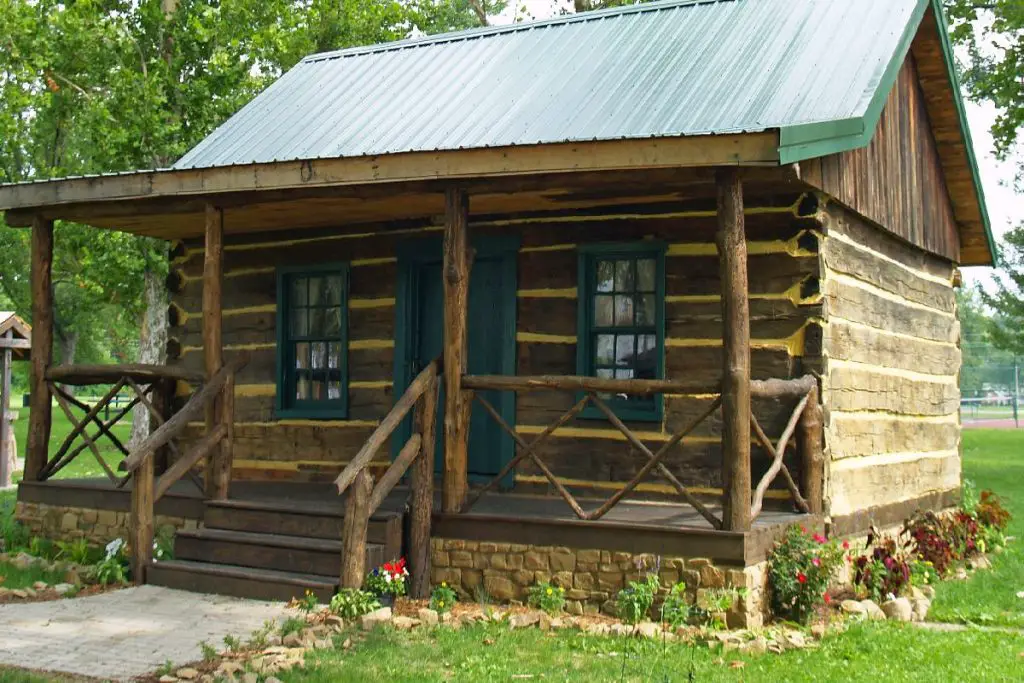
Where can you put a tiny home in Ontario?
A tiny home is any home under 500 square feet. Some people use them as seasonal homes, while others prefer to live in them full-time. Tiny homes are legal in Ontario if they are on private property, but there are restrictions on how close they can be to your neighbor’s house. You cannot own a tiny home and rent it as an apartment or a rooming house.
If you own a tiny home and rent it out to a tenant who does not live there, you will be breaking the law and risk legal action by the Ministry of Municipal Affairs and Housing. The ministry says that it won’t think twice about enforcing its rules against property owners who break the law.
Many cities don’t allow tiny homes on land they own. You’ll need to check with city hall before purchasing a property to ensure that you’re allowed to build one there.
In Toronto, where the demand for affordable housing has reached crisis levels, officials have indicated that they’re open to allowing tiny houses on private lots. However, they haven’t made any decisions yet about how or where this will happen.
Ontario has a long history of tiny house movements. Back in the 1920s and 1930s, the Great Depression saw many people building their own homes with little or no money.
Today, there are many who are turning to tiny houses as a viable alternative to traditional housing. You can build your own or buy one already built from someone else.
Tiny houses are allowed on any property in Ontario, but there are some restrictions that might affect your decision about where to put yours: In the city of Toronto, you can only park a tiny home during the winter months (November 1 to April 30) at a designated parking lot.
There are three locations for this purpose: the parking lot at 96 St. Helens Ave., south of Dundas Street West; 277 Dufferin Street; and 120 Lakeshore Road East (near Cherry Street).
Read more articles: Tiny Homes In California
Top pick
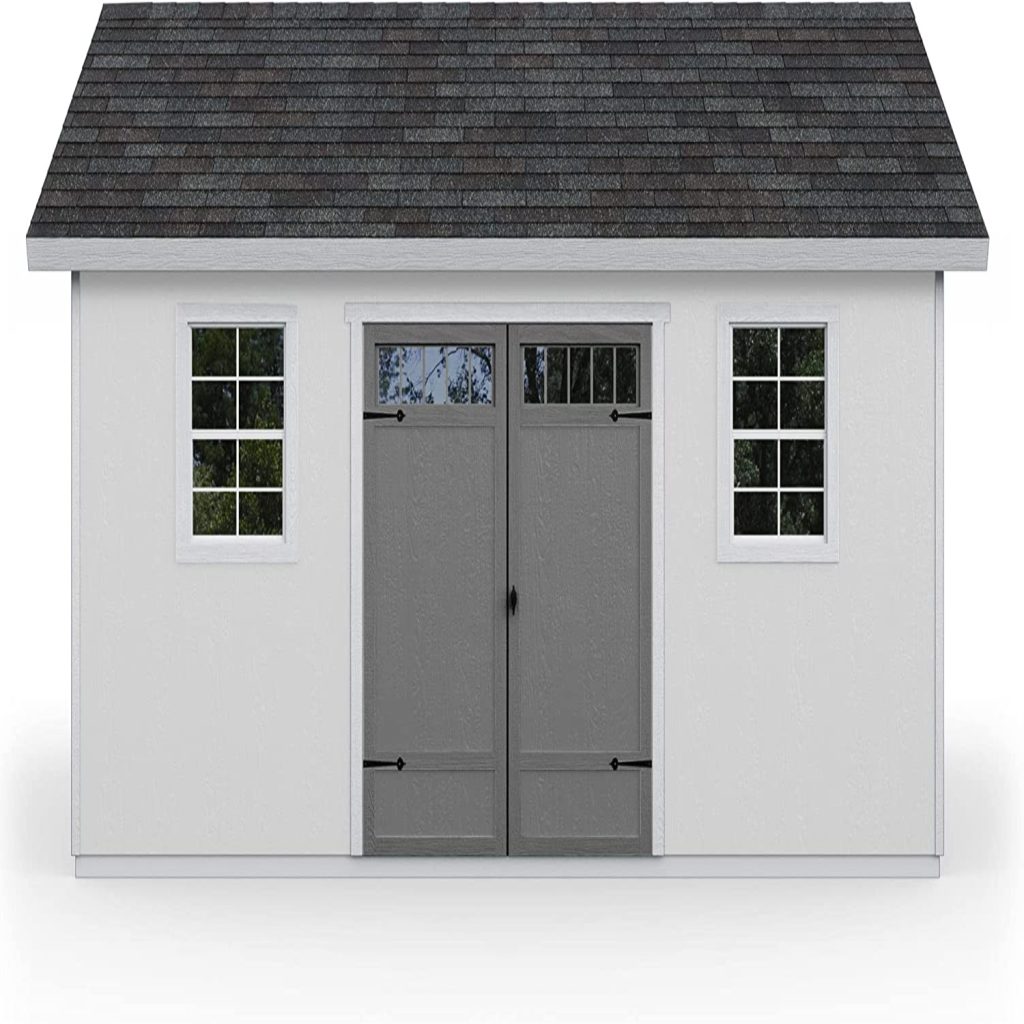
Editor’s choice
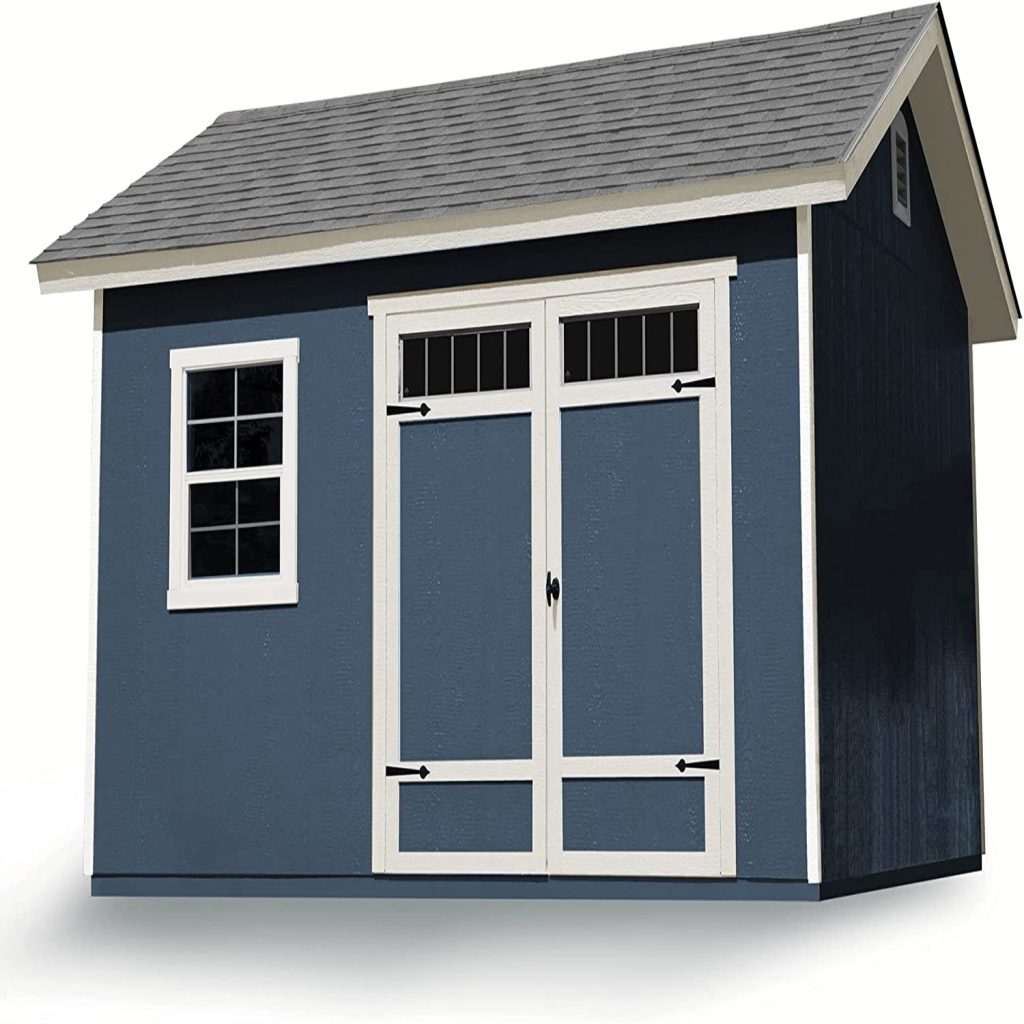
Best value
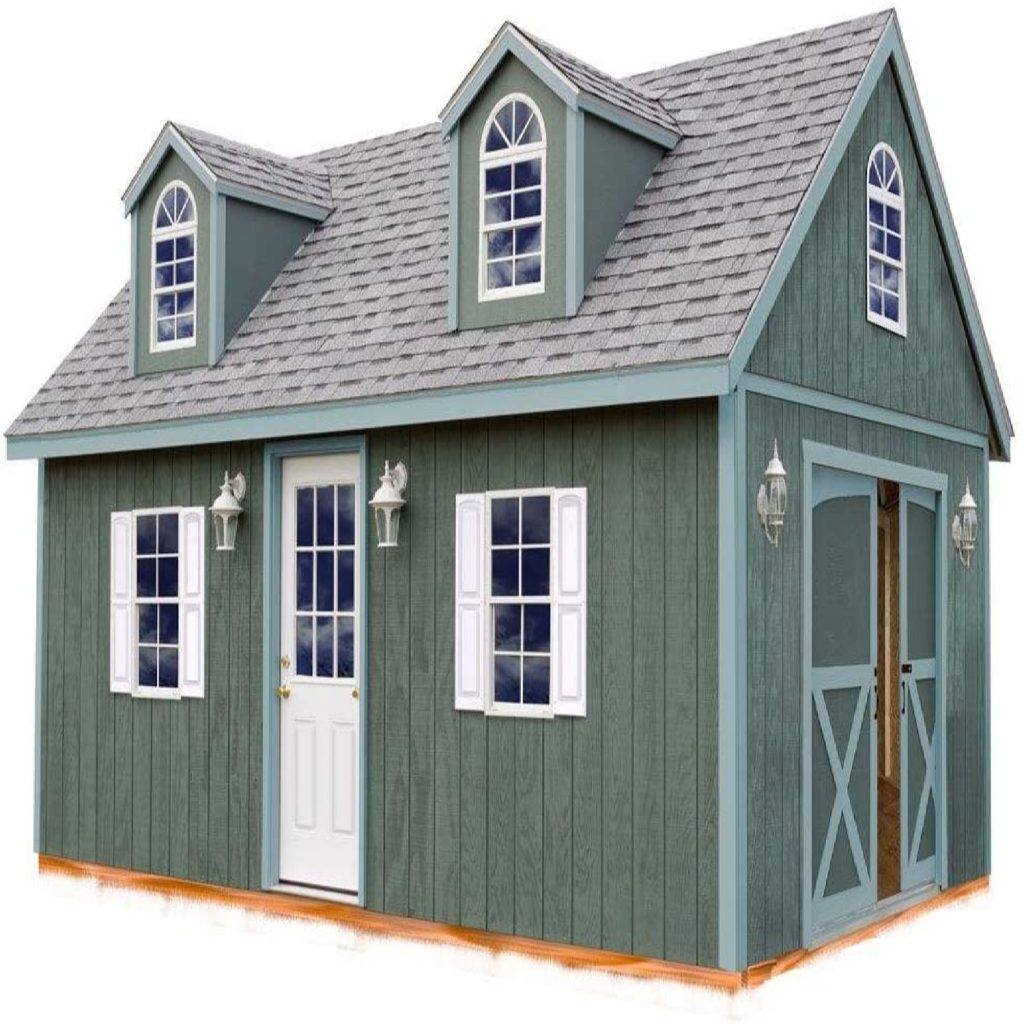
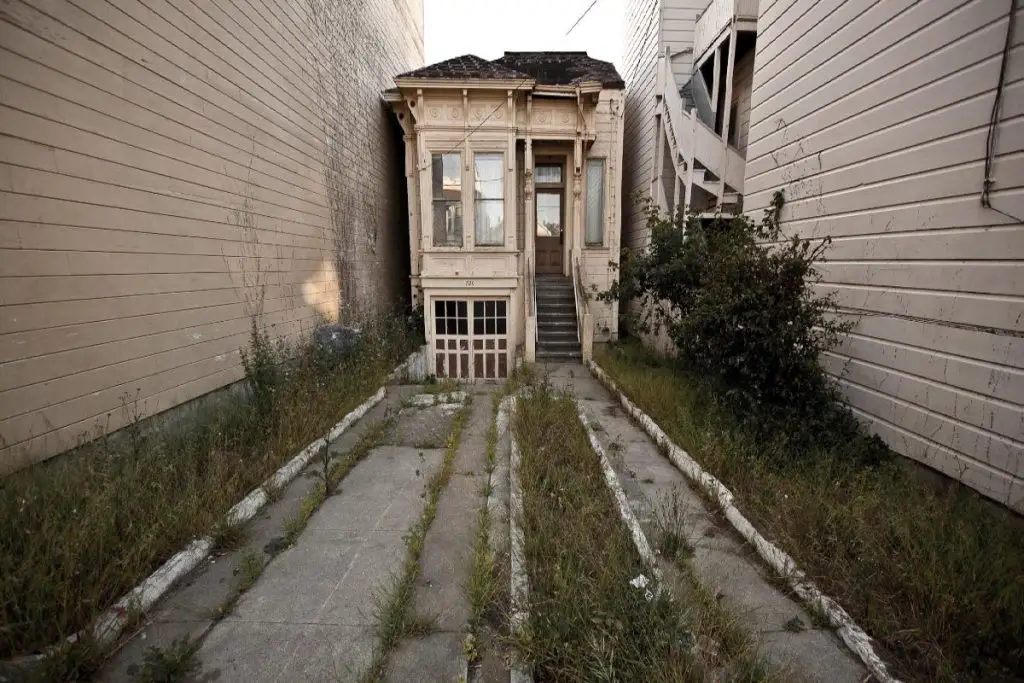
Is it cheaper to buy or build a tiny house?
Tiny houses are becoming increasingly popular, and for good reason. They’re energy-efficient, cozy, and can be built in any style. But if you’re on the fence about whether to buy or build a tiny house, you’ll need to consider the cost of each option before deciding.
Buying vs. building
Buying a Tiny Home
Tiny homes cost between $10,000 and $50,000 depending on the size and amenities, but you can expect to pay more if you opt for luxury features like granite countertops and stainless steel appliances.
If you want to buy one outright, it’s important to check with your bank about financing options since most lenders require a traditional mortgage for homes under one thousand square feet.
Building Your Own Tiny Home
Building your own tiny home can be cheaper than buying one because you don’t have to pay interest on the money you borrow (if any). But there are other factors that make building more expensive than buying.
Materials: The cost of building materials varies widely depending on where you live and how much workmanship is involved in preparing them for use in your home (e.g., cutting plywood panels).
In addition to these costs, make sure that any materials you purchase are certified by a third-party agency as being made from sustainable or reclaimed materials.
Labor: Labor costs will vary by region, but the average hourly rate for carpenters and construction workers is $25 per hour. This number can increase significantly with experience, training, and certifications.
You can also expect to pay extra for permits and licensing fees if you’re building a tiny house on wheels or otherwise need approval from your local government.
Site preparation: This is a major cost factor in tiny house construction because it involves clearing an area of brush or trees before construction begins and grading the soil so it’s level enough to support your home’s foundation or frame.
It’s important that this work be done correctly because it affects the structural integrity of your home and its ability to withstand extreme weather conditions like flooding and high winds.
Read more articles: Tiny Homes For Sale Georgia
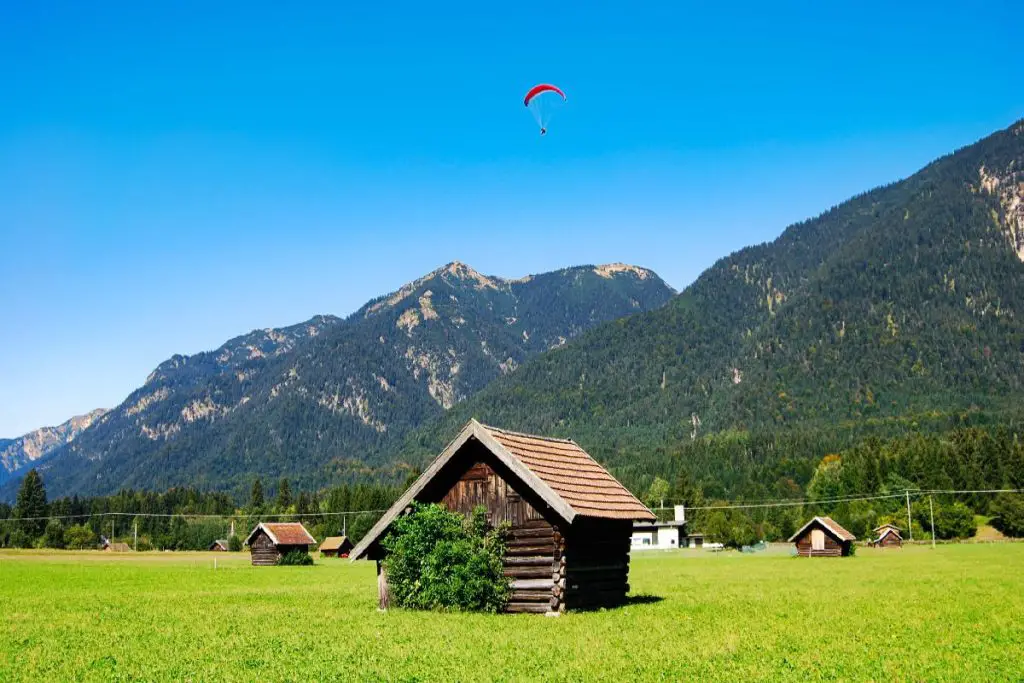
Where can you live in a tiny house in Ontario?
If you’ve been thinking about downsizing your home, a tiny house might be the solution. But where can you live in a tiny house in Ontario? There are a few options for those looking to get into this growing trend. One option is to build your own tiny home from scratch.
If you’re handy with tools and have experience building, this might be an option for you. There are also companies that specialize in building these small homes for others. However, if you don’t want to take on the task yourself or can’t afford a custom-built home, there are still some options available!
Some municipalities allow people who own land to build their own tiny homes on it and live there year-round (with some restrictions). There’s also the option of renting out your tiny home on Airbnb or other vacation rental sites while traveling or visiting family and friends during vacations.
Tiny houses have been a growing trend in the US and Canada, but they’re not quite legal across the board. In Ontario, you can live in a tiny house as long as it’s on wheels and you have your own land. But where can you find that? The answer depends on what kind of property you’re looking for.
The province has more than 2,700 parks and campsites where RVs are welcome to stay overnight. These private sites come with full hookups and can be rented by the week or month. If you want to park permanently on someone else’s property, you’ll need written permission from the owner or leaseholder.
That could be tricky if you want to move around, perhaps because there are so many parks in Ontario, but it might be easier if you’re willing to pay rent for some land near a major city like Toronto or Ottawa.
Read more articles: Tiny Homes Texas
Top pick
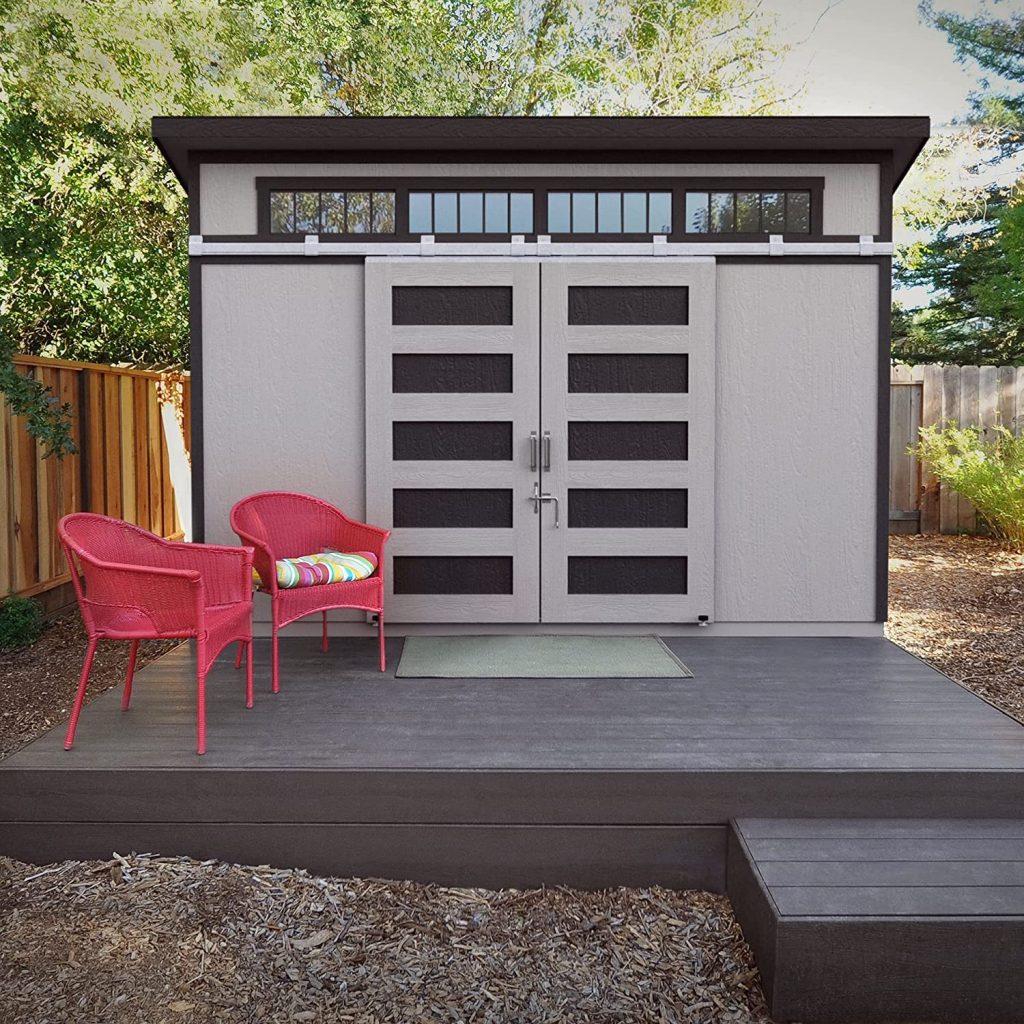
Editor’s choice
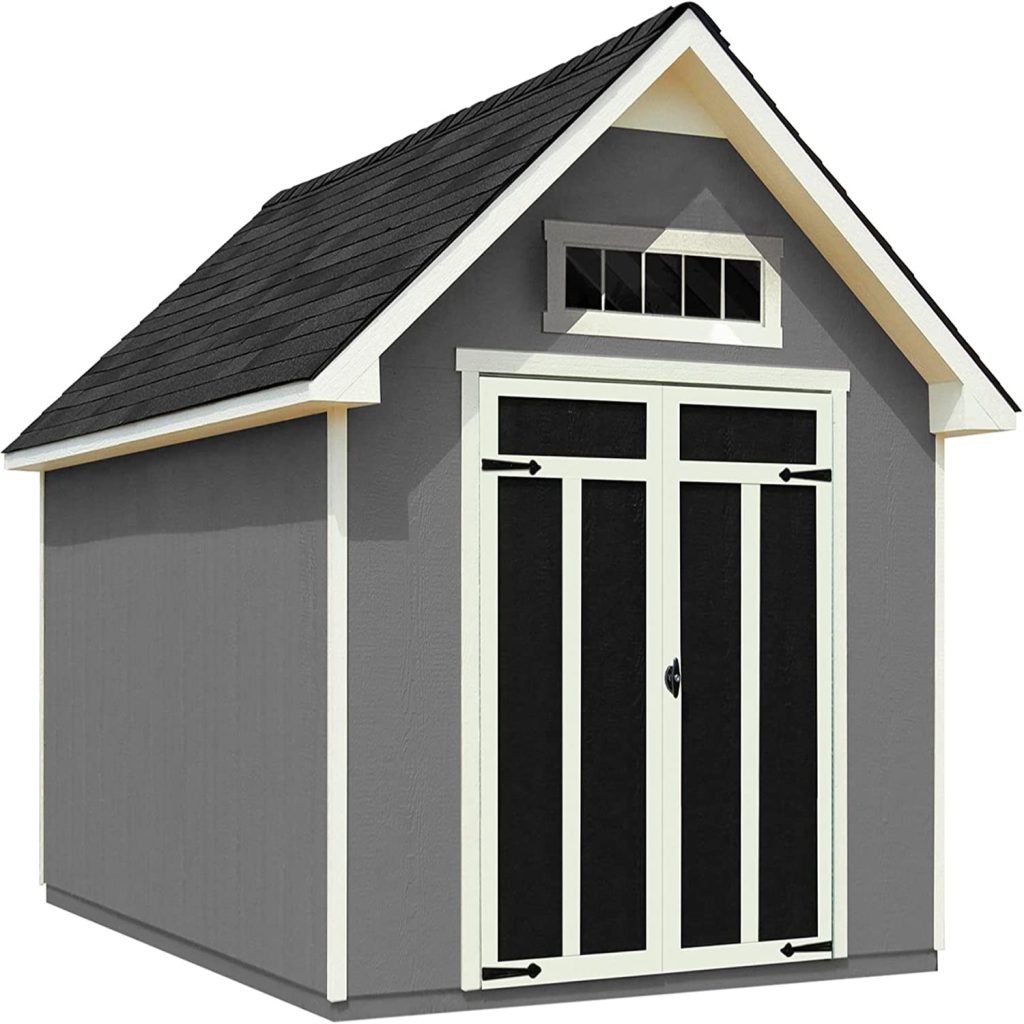
Best value
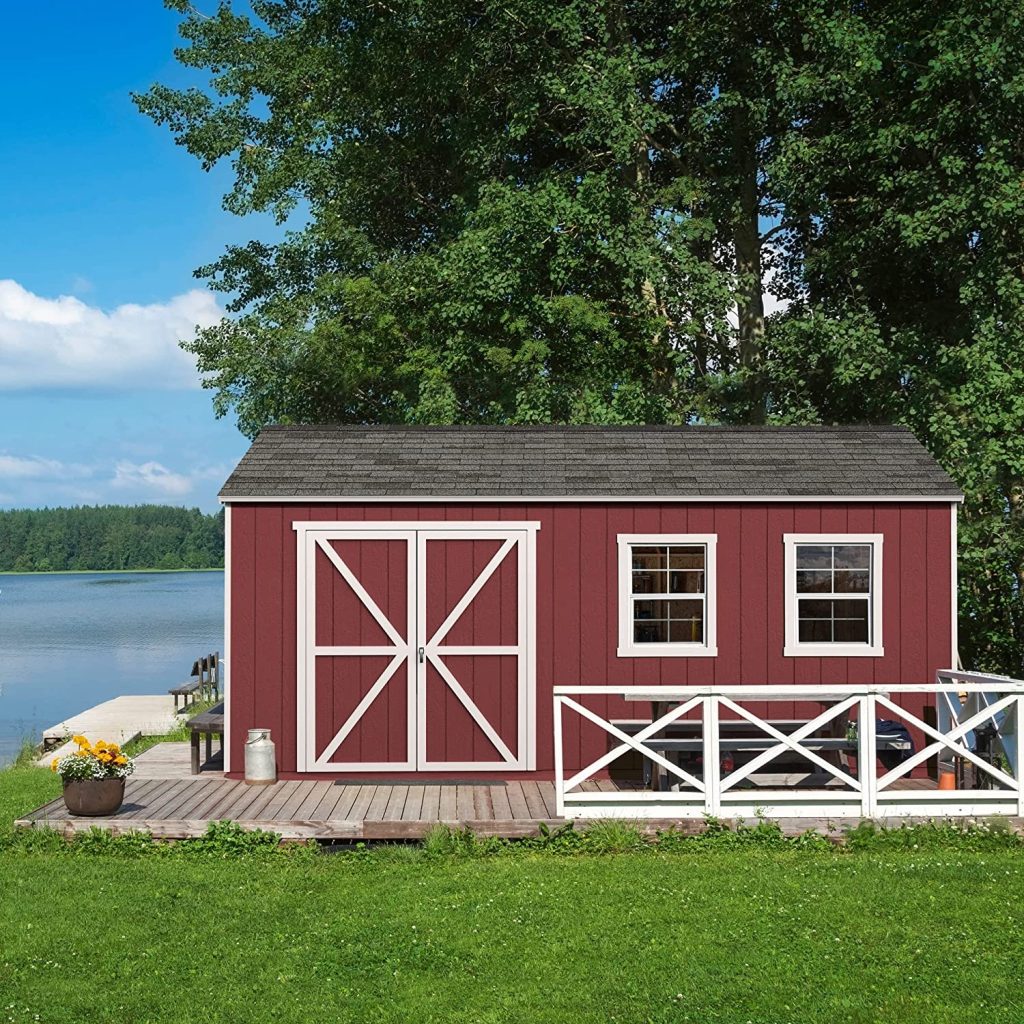
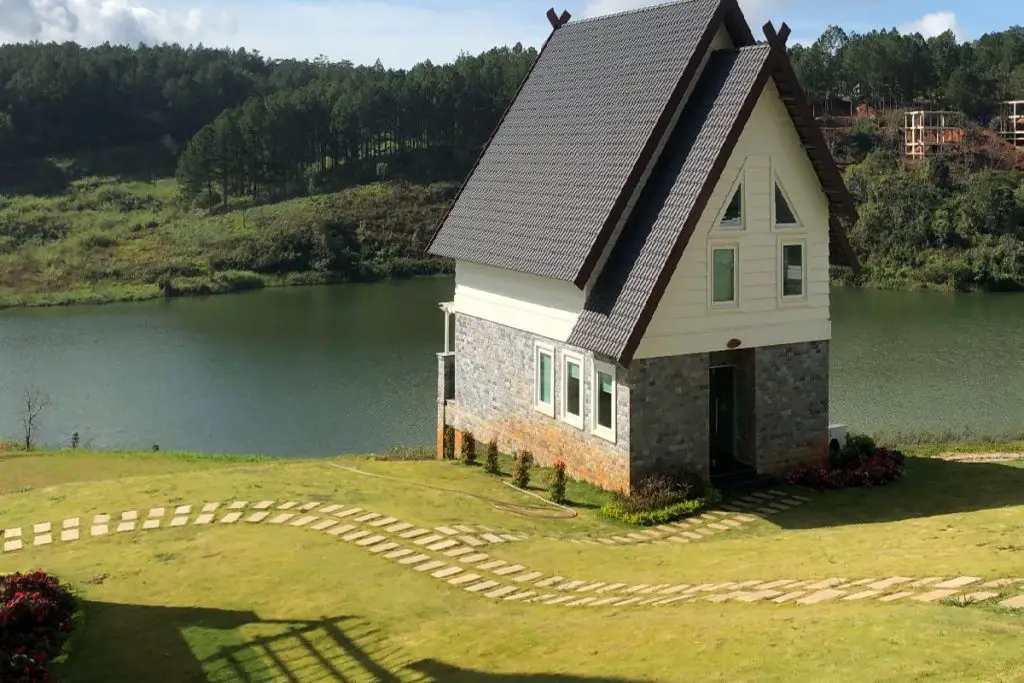
FAQ
1. Are tiny houses legal in Ontario?
The Ontario Building Code, municipal zoning, and other local bylaws’ health and safety regulations must still be followed by tiny dwellings despite their small size. Additionally, tiny dwellings must have the plumbing and sewage systems that are required.
2. How much is a tiny house Ontario?
The size of the dwelling and the materials chosen will determine the price of a small house. It may cost anything between $30,000 and $100,000 for a basic shed-like building.
3. Can you put a tiny home on land in Ontario?
The good news is that most Ontario towns don’t have minimum footprint requirements, so you could construct a small home on a lot if you wanted to.
4. Is it cheaper to buy or build a tiny house?
Generally speaking, constructing a tiny house is less expensive than purchasing one, although this depends on your needs and the construction process. A DIY home may cost between 30 and 50 percent less than what a builder must charge to cover payroll, overhead, and manufacturing expenses.
Top pick
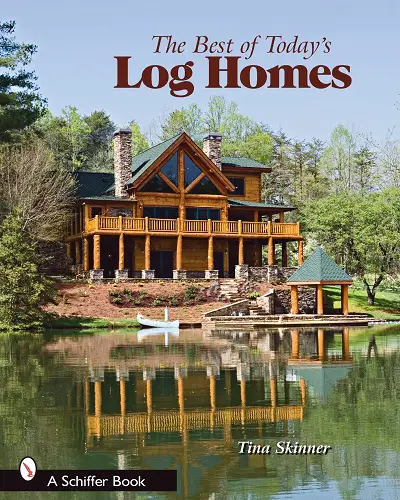
Editor’s choice
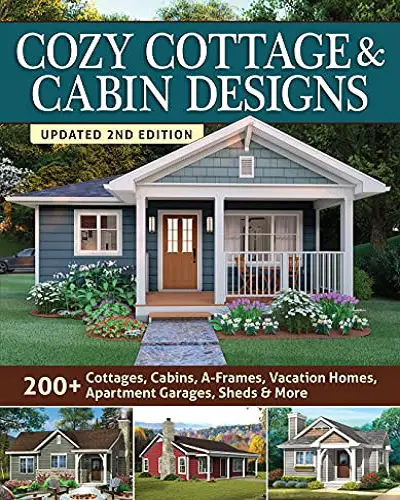
Best value
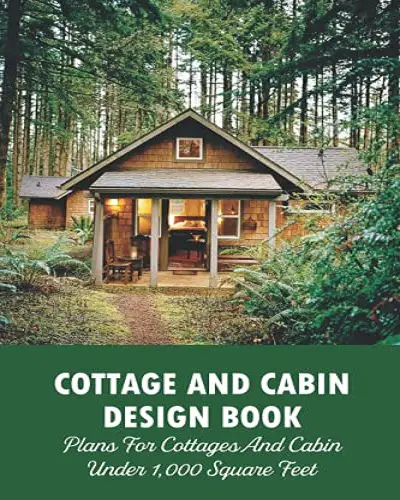
Final thought
If you’re looking for tiny houses in Ontario, you’ve probably already seen the price tag that comes with many of them. Many in the community are adamant that these homes aren’t worth the money, and there are some who want to buy them.
It may seem like an insurmountable cost. But there are ways to get around this if you’re willing to do a little extra work yourself to cut back on costs. Hopefully this breakdown will give you a solid idea of what to expect in Ontario, no matter which tiny house you decide to buy.
Total square footage isn’t the only factor. Other factors to consider are tiny house zoning laws and whether you need building permits. Some cities, such as Toronto, will require a permit to be granted before you can begin construction. Tiny homes are increasing in popularity all over North America.
However, they’re still not a common sight in Canada. There are many reasons why tiny homes are becoming more popular, but one of the main draws is the price tag.
Many out there can’t afford to break ground on an average-sized home, and tiny houses seem like great alternatives in this economic climate. In this article’s opinion, the cost of tiny housing will come down as time goes on, making it more accessible to more people.
It certainly seems to be an economical solution to a number of housing needs. But you should contact a builder and go from there to find what tiny house plans might work well in your situation.
Read more articles: Can Tiny Homes Withstand Hurricanes
Best Tiny House or Home Plan Download

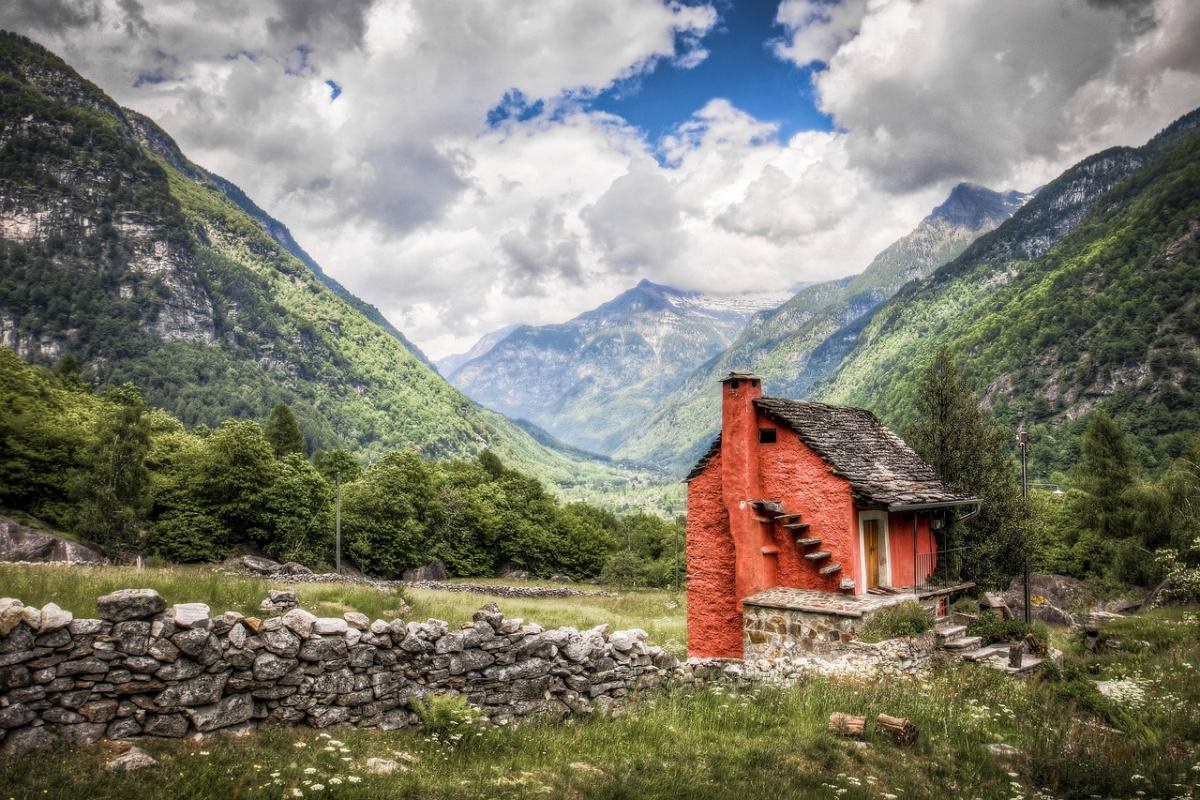
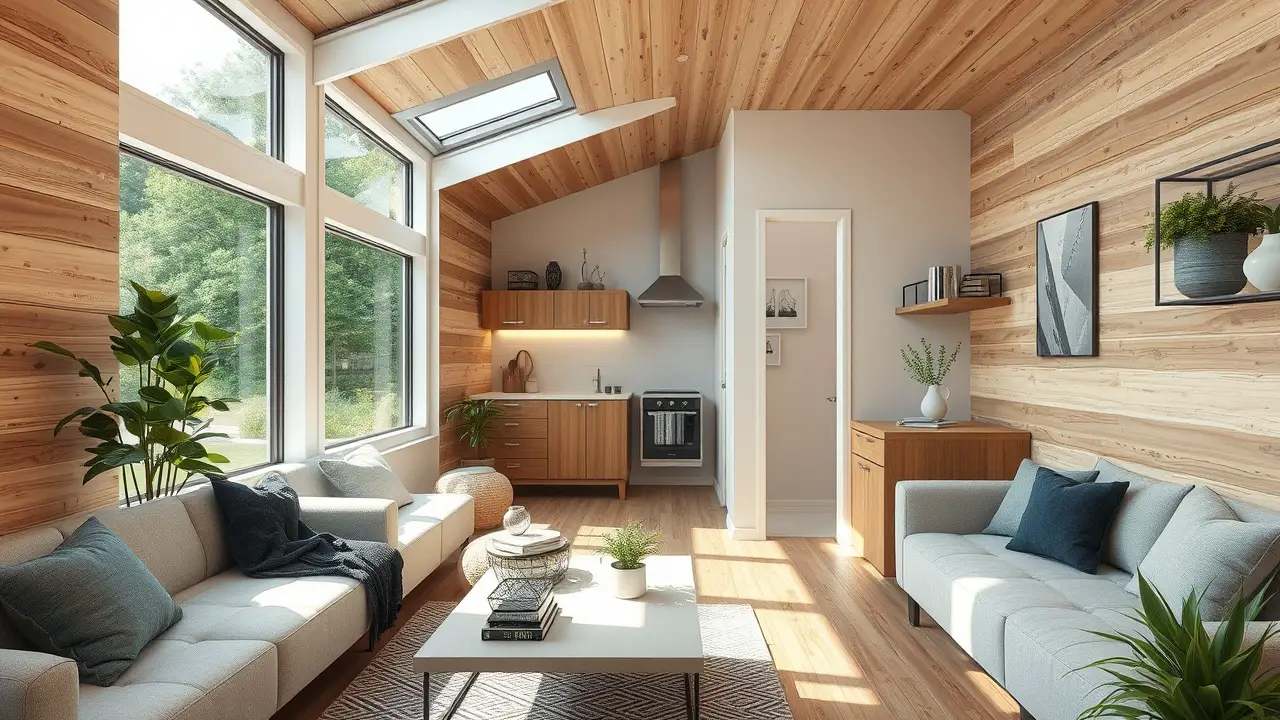
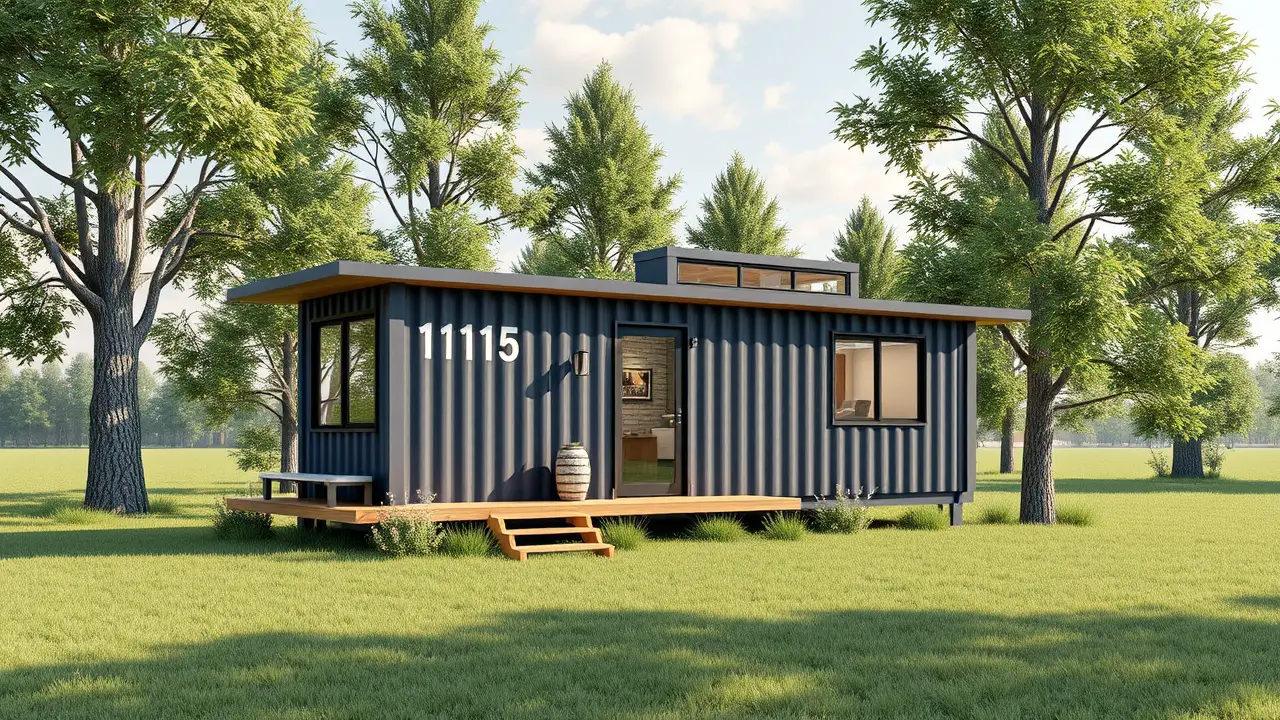
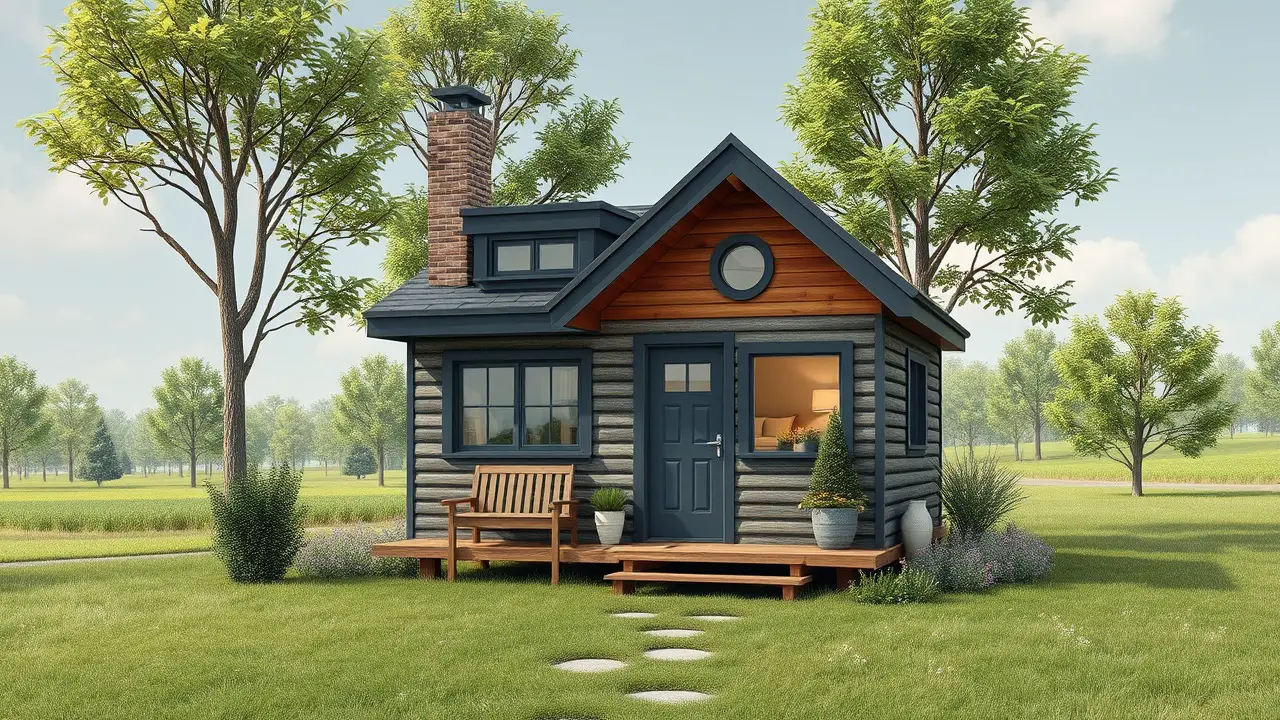
Leave a Reply